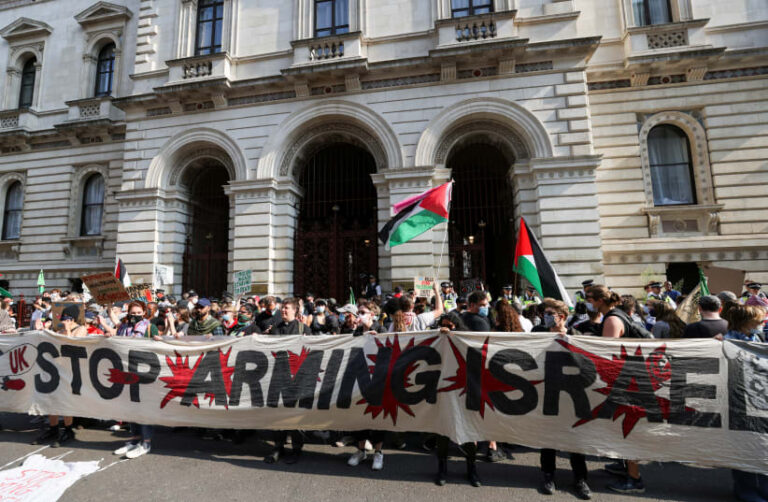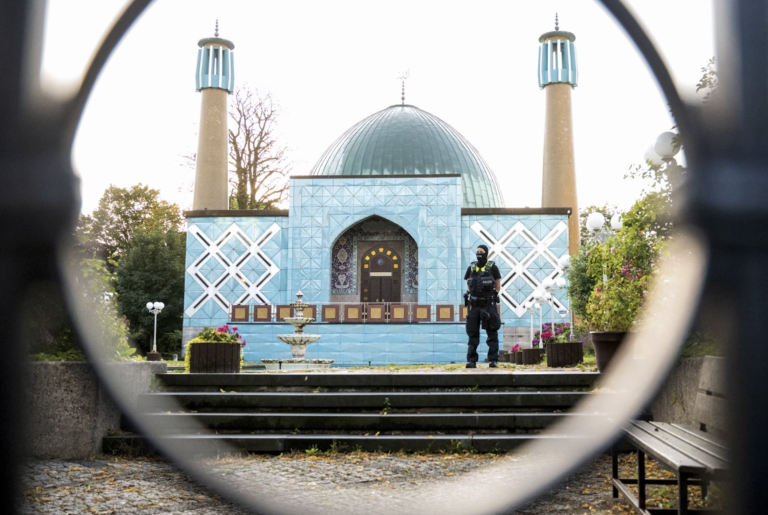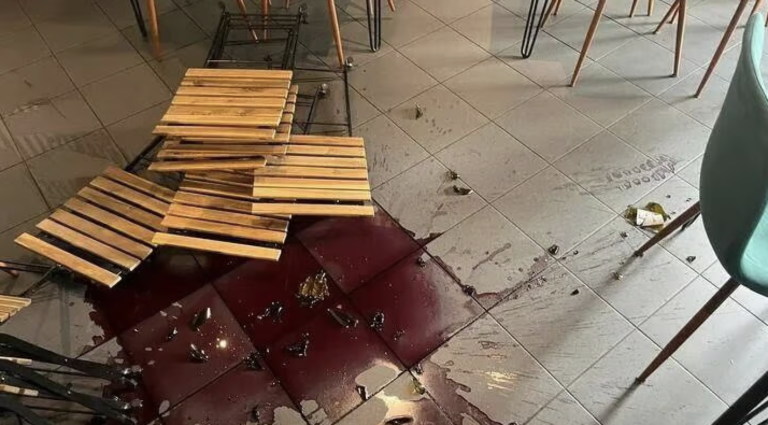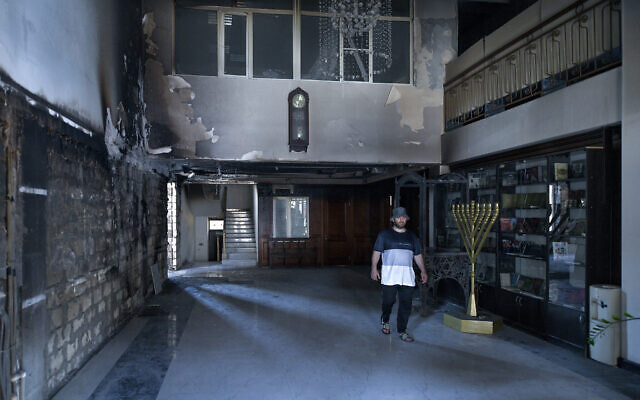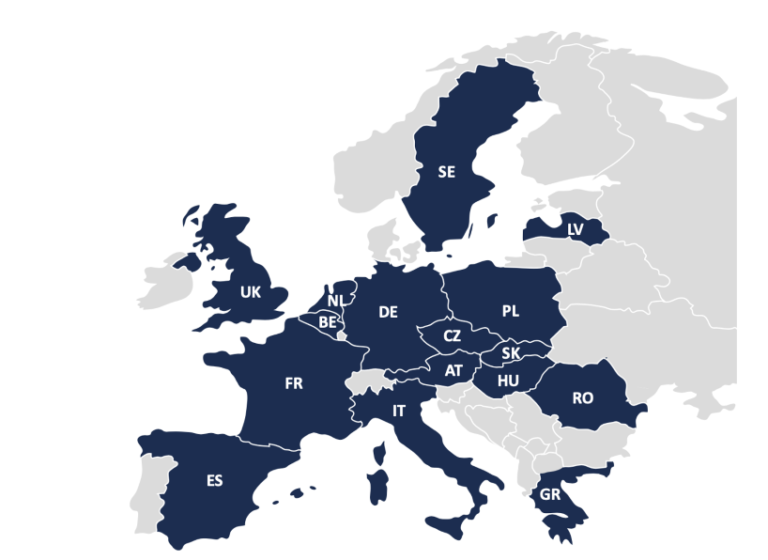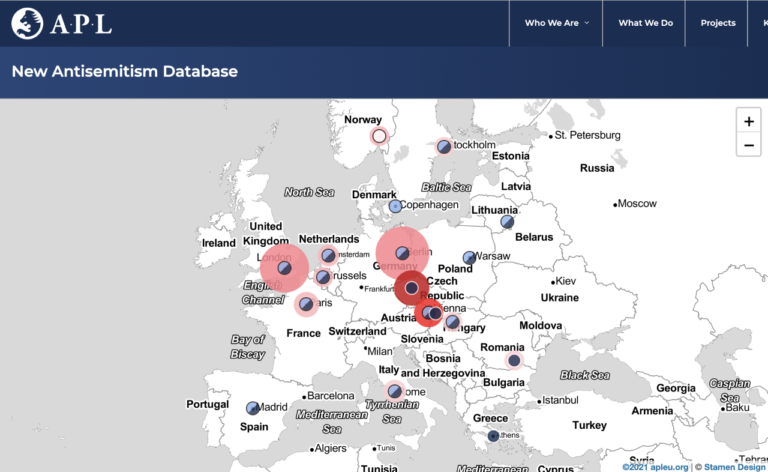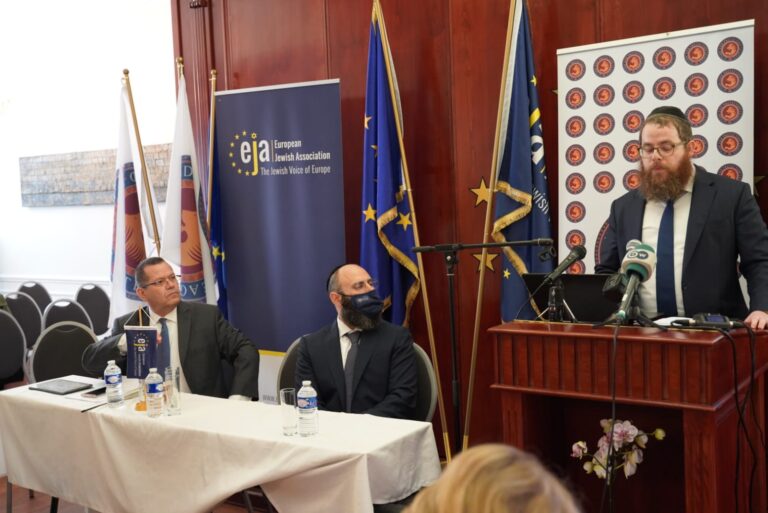US, British, French, and Jordanian military assistance was received by the Jewish state on Saturday night. For the first time, Saudi Arabia has openly declared that it is also on Israel’s side.
On Monday, Israeli Prime Minister Benjamin Netanyahu appeared ready to accept US President Joe Biden’s request to refrain from a retaliatory strike on Iran. Since then, it has emerged that the Israeli army does not intend to let the unprecedented Iranian missile and drone attack on the country on Saturday night go unanswered.
America has indicated that it is ready to defend Israel again at any time but is not a partner in an Israeli response. However, Iran’s attack on Israel requires a response, according to Chief of Staff Herzi Halevi.
On Saturday night, as had been expected for weeks – and as US and Israeli military intelligence had been informed in advance – the Islamic Republic launched its first attack in its history against the Jewish state from its own territory, as well as from Iraq and Yemen, using 100 ballistic missiles, 30 cruise missiles and 170 drones. From Lebanon, Hezbollah also fired some 30 rockets towards northern Israel on Sunday morning.
Ninety-nine per cent of the projectiles fired were intercepted. The only casualty of the attack was a 7-year-old Bedouin girl in the Negev desert who was seriously injured in the head by a rocket fragment. In addition, one of the Iranian missiles was able to evade Israeli air defences and hit the Nevatim IDF airbase in southern Israel, causing minor damage to the infrastructure.
The Iranian attack, a retaliation for the Israeli air strike that killed a Revolutionary Guard commander in Damascus two weeks ago, was not only defended by the Iron Dome system, which is effective against terrorist missiles, but also, above all, by the David’s Sling and Arrow missile defence systems, as well as by fighter aircraft and warships from several countries.
Israel has received military assistance from the US, Britain, France, the Emirates and Jordan. For the first time, Saudi Arabia has openly acknowledged that it has helped Israel fend off missile attacks by Iran, which it also considers a terrorist regime. Riyadh said Saudi Arabian airspace would automatically intercept „any suspicious entity”. Saudi Arabia accused Iran of supporting Hamas in order to derail the normalisation process with Israel.
For its part, Iran said after the missile attack that it had called the attack complete and later said that „if the Israeli regime makes another mistake, however, Iran’s response will be much more serious.” On Tuesday, they reiterated their threat: „We firmly state that the slightest action against Iranian interests will be met with a severe, widespread and painful response against any perpetrator,” Iranian President Ebrahim Raisi said.
The United States believes that Israel’s response to the Iranian missile and drone attacks will be limited and could include strikes against Iranian forces and Iranian proxy army positions outside Iranian territory, four US officials told NBC on Tuesday. The US sources also stressed that it is unknown when the Israeli response will occur, but they believe it could happen at any moment; Israel has not informed them of their final decision.
Israel, however, has sent a message to the Arab countries of the Middle East, saying that it will not respond to an attack on Iran in a way that would endanger those countries or their governments.
Meanwhile, in a significant diplomatic move, Israeli Foreign Minister Katz, in a letter sent to 32 countries around the world, urged them to impose sanctions on Iran’s missile program and declare the Iranian Revolutionary Guard as a terrorist organisation after its attack on Israel over the weekend. Sanctioning the missile program and branding the IRGC will help „contain and weaken Iran”, Katz writes, adding that Iran must be stopped now before it is too late.
Source: tev.hu
